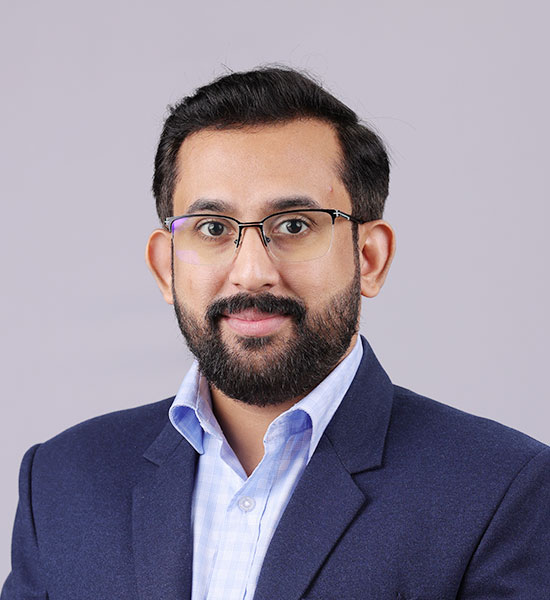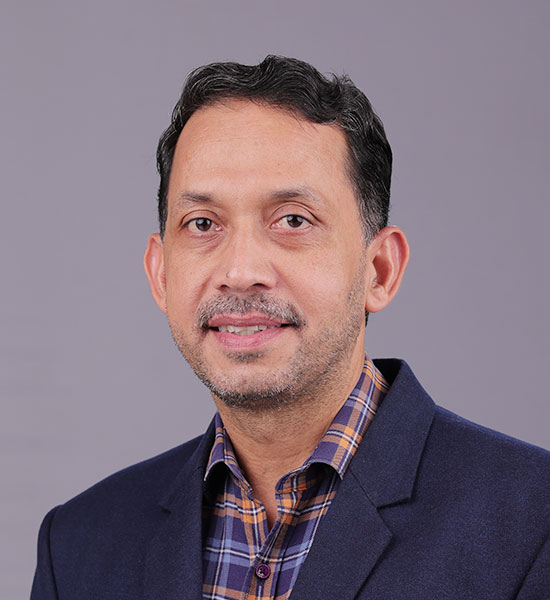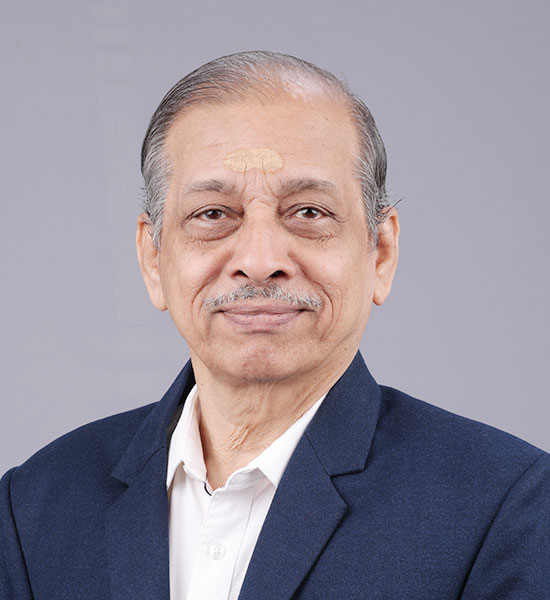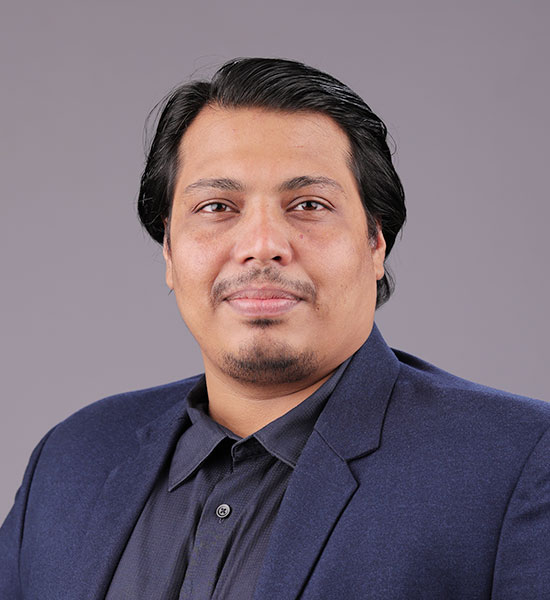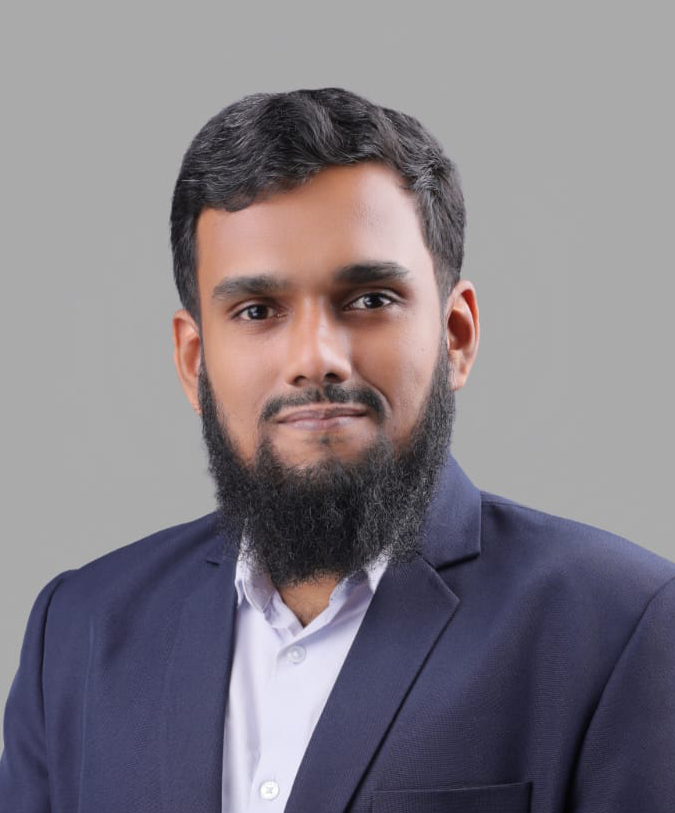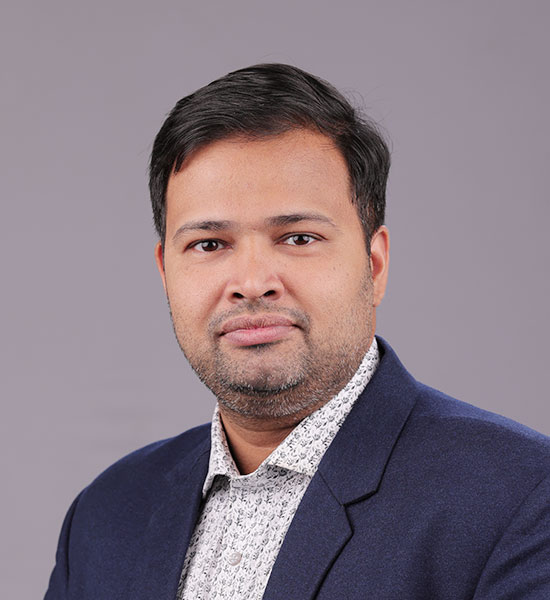Q. What is neurosurgery and what do neurosurgeons do?
Neurosurgery is the medical specialty concerned with the prevention, diagnosis, treatment, and rehabilitation of disorders that affect the entire nervous system including the brain, spinal cord, peripheral nerves, and intra-cranial cerebrovascular system. Neurosurgeons are responsible for both the surgical treatment and comprehensive care of patients with injury to, or diseases/disorders of, the brain, spinal cord, spinal column, and peripheral nerves within all parts of the body.
Q. When should I seek care from a neurosurgeon?
You should consult with a neurosurgeon if you are experiencing pain or problems that affect your nervous system, including:
- Headaches
- Vomiting
- Back pain, Neck Pain
- Limb weakness
- Numbness or tingling in your arms or legs
- Difficulty with balance or walking
- Head injury, spine injury
- Epilepsy
- If you have abnormal results on imaging studies (such as CT,MRI), you may be referred to a neurosurgeon for further evaluation.
Q. What are the common neurosurgical procedures performed at Almas hospital?
The department of Neurosurgery is well equipped to treat traumatic brain and spine, aneurysms and arteriovenous malformations, and infections of the brain and spinal cord.
Q. What are some common neurological conditions?
Alzheimer's disease - is a progressive neurodegenerative disease characterized by loss of function and death of nerve cells in several areas of the brain causing problems with memory, thinking, and behavior.
Cerebral palsy - is a collection of debilitating mobility diseases that first emerge in childhood. A person's symptoms and signs may differ from those of another person. Brain injury that happens before or during birth or infancy is a common cause of cerebral palsy.
Epilepsy - is a chronic disease characterized by recurring, spontaneous seizures. These seizures are temporary indications and/or symptoms caused by abnormally excessive or synchronized neuronal activity in the brain, and they last for a short time.
Headaches - can be caused by a variety of conditions and once evaluated by your physician can diagnose the problem behind it.
Q. What kind of conditions does a neurosurgeon treat?
Another speciality of neurosurgery is treating illnesses of the nervous system, such as those affecting the brain or spinal cord, as well as nerves and muscles, employing surgical procedures in combination with non-surgical practices.
Q. What are neurological disorders, and how do they affect you?
Diseases affecting the brain, spine, and nerves are referred to as neurological disorders. There are more than 600 different neurological illnesses, including malignancies of the brain and spine, epilepsy, Alzheimer's disease, Parkinson's disease, and stroke, among others.
Q. What is the best way to treat neurological disorders?
Each illness requires a distinct approach to therapy. Neurologists will run and interpret tests on your brain and nervous system to determine the most effective treatment choices for you.
Q. What happens during a neurological examination at Almas, Kerala Hospital?
During your appointment, our Neurologist will go through your medical history, focusing on the problem you are presently suffering. After that, you will be subjected to a physical examination, which will typically include tests of your eyesight, strength, coordination, memory, reasoning and puzzle-solving abilities, reflexes, and capacity to feel material things, smell aromas, and hear noises, among other skills. The findings of your test will assist neurologists in determining if your disease originates in the brain or the central nervous system.
Q. Is Dementia the same as Alzheimer's Disease in terms of symptoms?
Even though Alzheimer's disease is the most frequent kind of Dementia, other illnesses can also lead to Dementia in certain people. Dementia can be caused by various diseases such as Parkinson's disease, normal pressure hydrocephalus, and others, and many of them can be treated appropriately.

